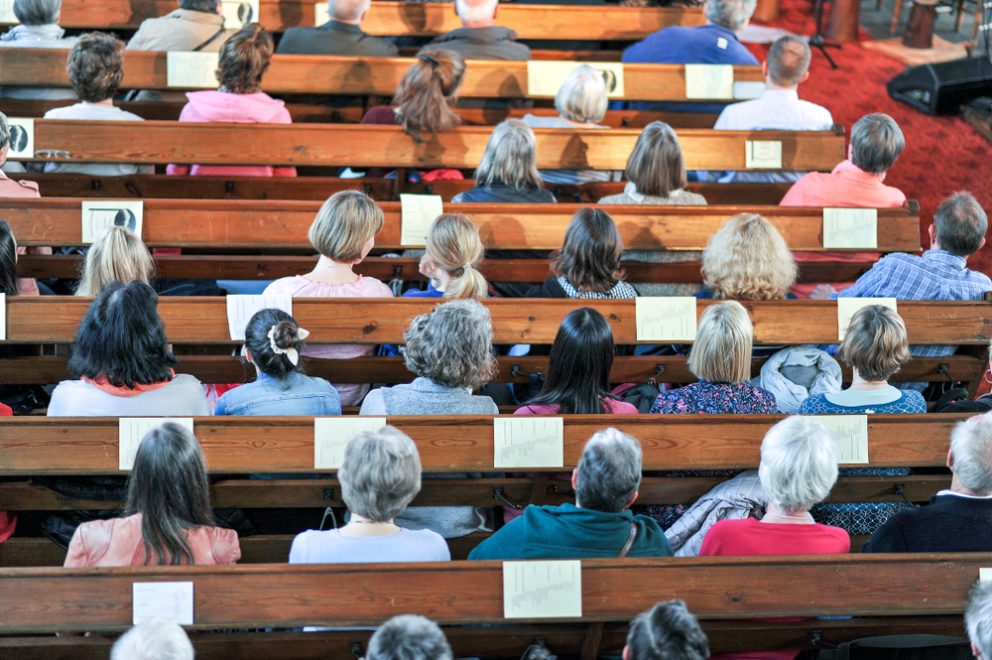Winchester Diocesan Synod is the primary governing body of the diocese. The Synod is formed of the Bishops of the diocese along with elected representatives of clergy and lay people from across the diocese. Members are elected every three years by those on Deanery Synods and meets three times yearly, usually in March, June and November. The Diocesan Synod is made up of three Houses : the House of Bishops, the House of Clergy, and the House of Laity (i.e. the non-clerical members). The Houses of Clergy and Laity also meet separately informally about three times a year for fellowship and to discuss issues pertaining particularly to their Houses.
The Synod’s work is managed by the Business Committee (consisting of the Bishops and the Chairs of Houses) supported by the Diocesan Secretary and Chief Operating Officer.
The function of the Diocesan Synod is set out in the Synodical Government Measure 1969:
(a) to consider matters concerning the Church of England and to make provision for such matters in relation to their diocese, and to consider and express their opinion on any other matters of religious or public interest;
(b) to advise the bishop on any matters on which he may consult the synod;
(c) to consider and express their opinion on any matters referred to them by the General Synod, and in particular to approve or disapprove provisions referred to them by the General Synod under Article 8 of the Constitution:
(d) to consider proposals for the annual budget for the diocese and to approve or disapprove them;
(e) to consider the annual accounts of the diocesan board of finance of the diocese;
It is also a requirement of a number of Church of England Measures for Diocesan Synod to be consulted, or even offer their consent, for a variety of matters that arise from time to time.
- Thursday 20th November 2025, 6pm – Christ Church, Chineham
- Wednesday 18th March 2026, 6pm – St Barnabas, Winchester
- Wednesday 17th June 2026, 6pm – St Paul’s, Bursledon
- Thursday 26th November 2026, 6pm – St Paul’s, Winchester
Whilst this remit is both wide ranging and critical, it is also important to note that these roles are of a strategic or ‘big picture’ nature. More detailed policy level or operational decisions fall under the responsibility of the Bishop’s Council & Standing Committee, the Diocesan Bishop, and other Diocesan committees.


